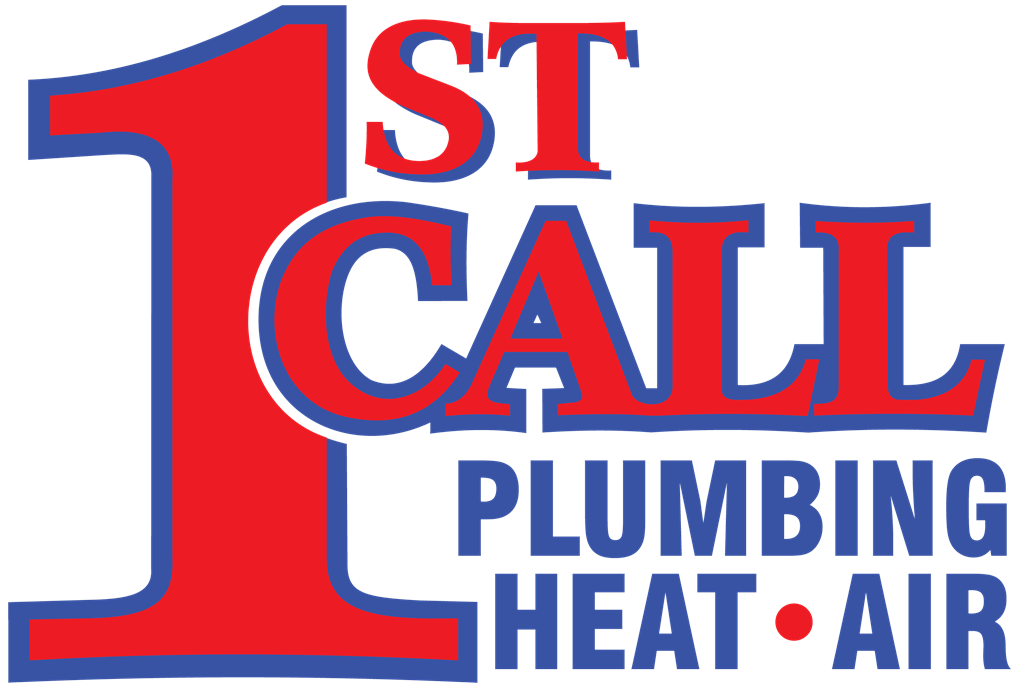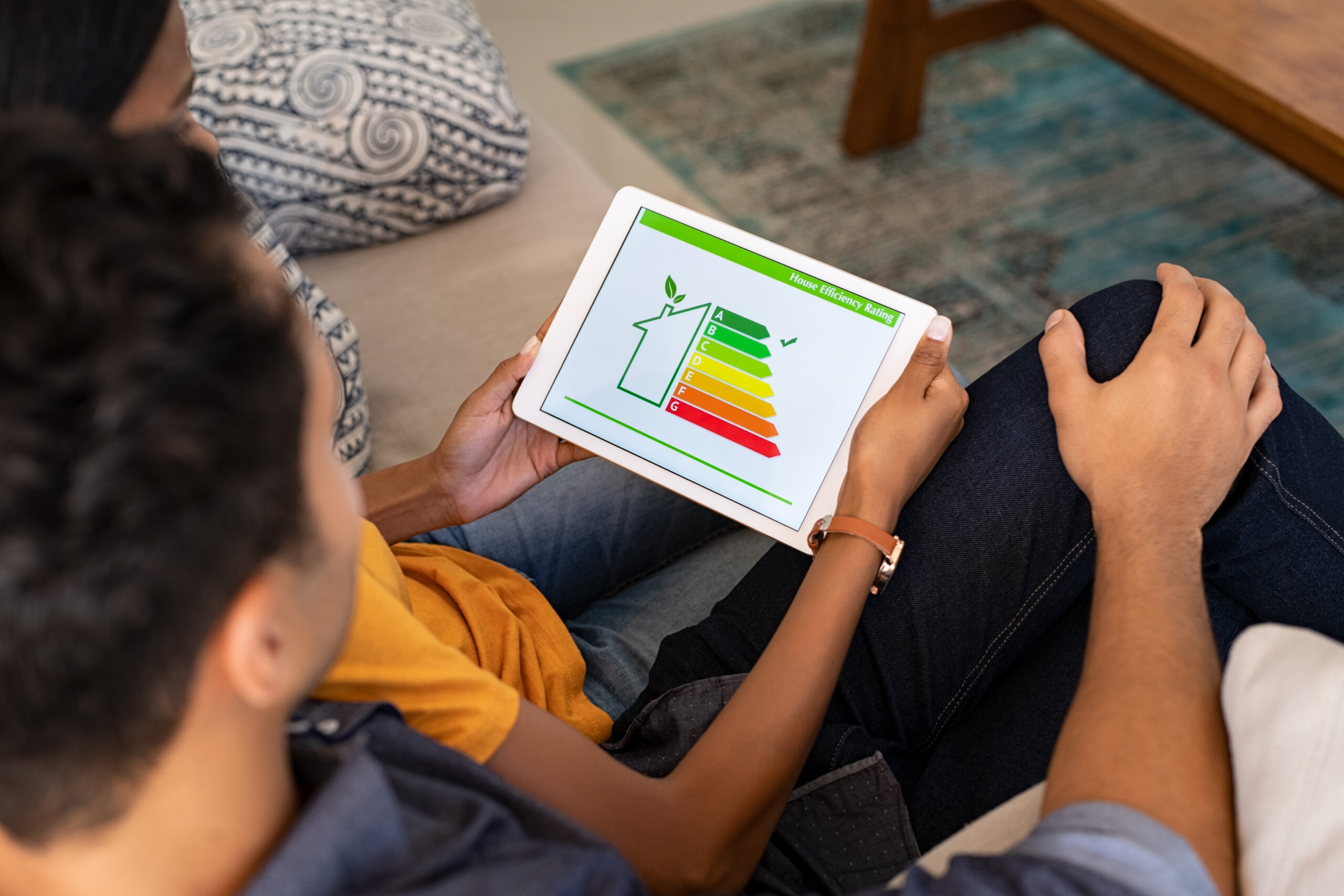Are you wondering if your home is energy efficient? In our busy lives, we often forget to reflect on the impact of our homes on the environment and our wallets. However, upgrading our living spaces to meet modern sustainability standards benefits the planet and can save us a considerable amount on utility bills.
Let’s explore key aspects of assessing your home’s energy efficiency and making informed decisions.
- Get a Home Energy Assessment
You need a comprehensive home energy assessment to embark on the journey to an energy-efficient home. This thorough examination evaluates various aspects of your home, identifying areas where energy is wasted and suggesting improvements. Professional energy assessors use specialized tools to measure insulation, air leakage, and appliance efficiency. Armed with the insights from a home energy assessment, you can make informed decisions about where to focus your efforts for maximum impact.
- Ensure You Have an Energy Efficient Heater
One crucial consideration for creating an energy-efficient home is your heating system. An outdated or inefficient heater can significantly contribute to energy waste and inflated utility bills. You may consider upgrading to an energy-efficient heater that utilizes advanced technologies to provide warmth without excessive energy consumption. Modern heating systems are designed to optimize performance, ensuring that you stay comfortable while minimizing your carbon footprint.
- Get an HVAC Tune Up
Your HVAC system plays an important role in maintaining a comfortable indoor environment. Regular maintenance, such as an annual HVAC tune up, can enhance efficiency and extend the lifespan of your system. During a tune-up, a qualified technician will inspect and clean essential components, ensuring your HVAC system operates at peak performance. This improves energy efficiency and reduces the likelihood of unexpected breakdowns, saving you money in the long run.
- Pay Attention to Your Insulation
Proper insulation helps regulate indoor temperatures, reducing the workload on your heating and cooling systems. Additionally, sealing gaps or cracks in your home’s structure can prevent drafts and enhance energy efficiency.
- Use the Most Energy Efficient Appliances
Another critical aspect of a home’s energy efficiency is the choice of appliances. Upgrading to the most energy efficient appliances can lead to substantial savings. When shopping for new appliances, look for the ENERGY STAR label, which signifies that the product adheres to rigorous energy efficiency standards established by the Environmental Protection Agency (EPA). Choosing ENERGY STAR-rated appliances ensures that you invest in technology designed to minimize energy consumption without compromising performance.
- Use LED Technology
You might want to switch your lighting fixtures to energy-efficient LED bulbs. They use less electricity and last longer than regular incandescent bulbs. This simple switch reduces energy bills and decreases the frequency of bulb replacements, contributing to a more sustainable lifestyle.
- Make Your Home a Smart Home
Smart home technologies can also play a role in optimizing energy usage. Smart thermostats enable you to manage your heating and cooling systems remotely, ensuring you only consume energy when necessary. You can set up a programmable thermostat to adjust temperatures based on the time of day. This way, you’re not wasting energy heating or cooling an empty house. You can even program the thermostat to automatically change the temperature when you’re sleeping or out of the house, saving energy without you having to lift a finger. Investing in these technologies can be a strategic move toward a more energy-efficient and eco-friendly home.
- Upgrade Your Windows
Your windows are one of your home’s biggest sources of energy loss. Replacing single-pane windows with double-pane windows can cut heat loss by as much as 50 percent. You might also consider adding window film or shades to boost energy efficiency. They help keep your home cooler during summer and warmer in winter, which can reduce your reliance on heating and cooling systems.
- Use Low-Flow Showerheads and Faucets
Low-flow showerheads and faucets can reduce water usage, saving you money on your water and energy bills.
- Consider Renewable Energy Options
We recommend exploring the installation of renewable energy systems, such as solar panels or wind turbines. These systems enable you to generate clean energy, thereby decreasing your dependence on fossil fuels. Although these options may entail a larger initial investment, they have the potential to yield long-term cost savings and facilitate the attainment of energy independence.
Assessing and improving your home’s energy efficiency is a smart and environmentally conscious investment. From upgrading to an energy-efficient heater to conducting a comprehensive home energy assessment, each step contributes to a more sustainable and cost-effective living space. Keep in mind that even small changes can have a big impact on efficiency. Start making modifications today and enjoy a more comfortable, cost-effective, and eco-friendly home! We can help, so contact us today.




